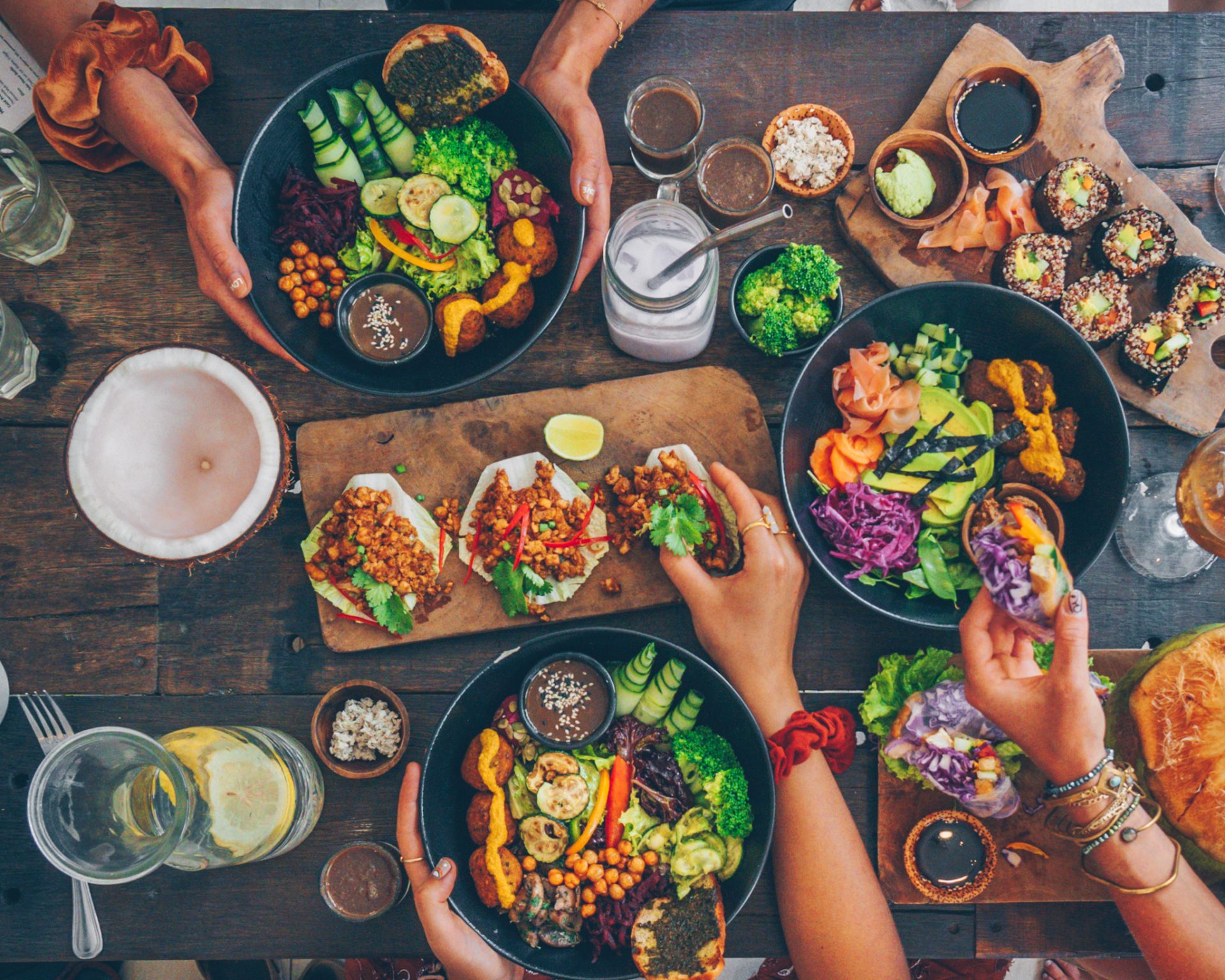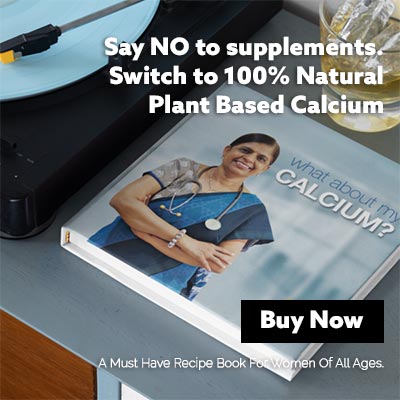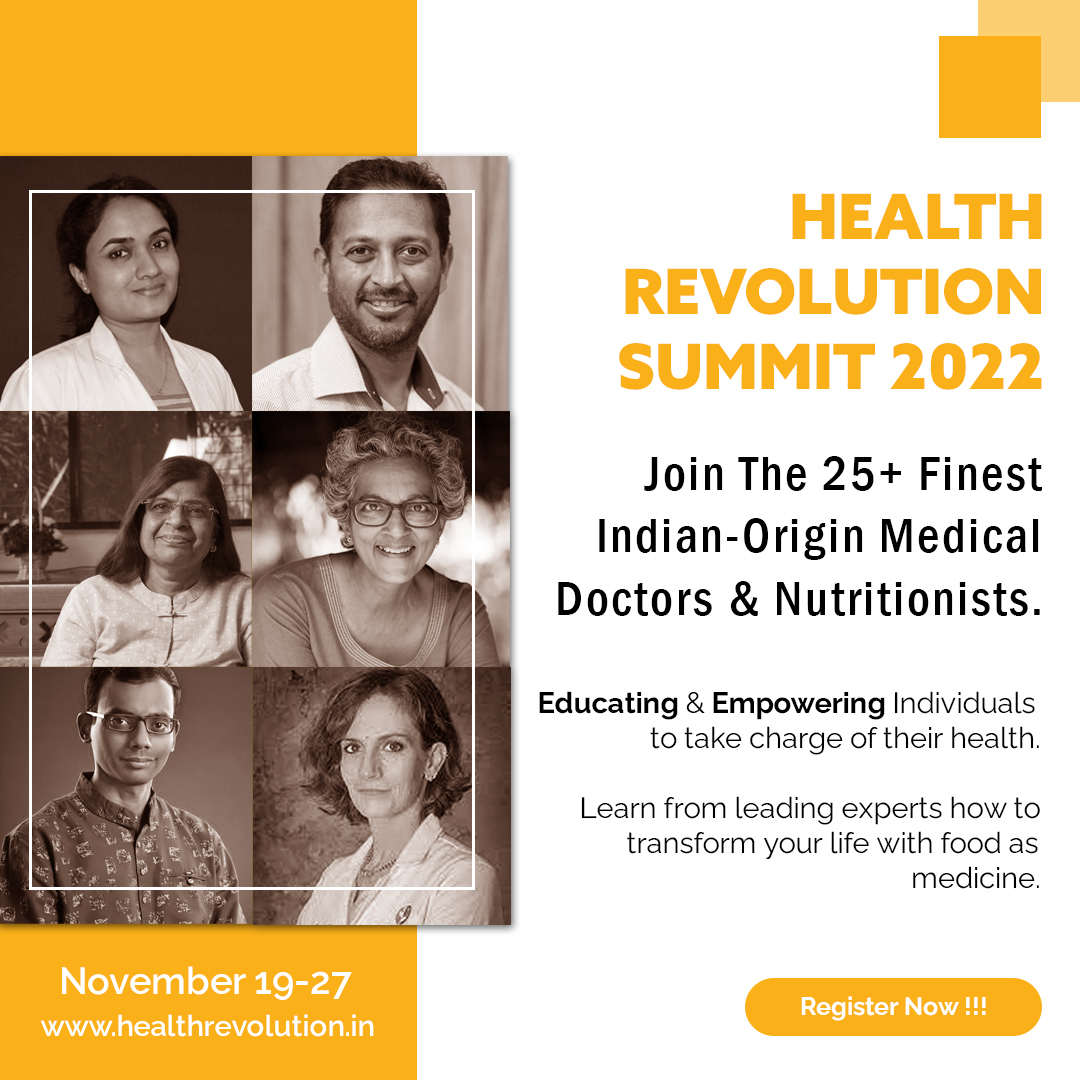When you think about disease prevention, you think about the food on your plate. Almost every week, a new diet plan is hitting the health food headlines, which makes it almost impossible to settle on what to eat and not eat. Yet, one diet that has consistently proven, over more than two decades, to reduce risk of disease–a plant-based diet. Eating plant-based means your meals are mostly vegetables, whole grains and fruits–beans, seeds and nuts are also included. Also include plant protein like tofu or beans.
Why Plant-Based?
The Journal of the American Heart Association did a study in 2019 that revealed that plant-based diets are associated with a lower risk of cardiovascular disease, and that’s just one of the many reasons why plant protein intake has been on a steady rise.
It’s not just vegetarians and vegans who are including plant-based protein in their diet. Fats, carbohydrates and proteins are almost always in the news, whether it is about how much to consume, or about the latest health trend or fad around them. And of the three food groups, proteins are the most talked about food group, as they help build muscles, repair tissue post workouts, balance fluids, boost immunity, create hormones and enzymes. It supports your immune system.
Plants have essential nutrients that you cannot get from other foods. The vitamins and minerals, phytochemicals and antioxidants in plants help keep your cells healthy and your body in balance so that your immune system can function at its best.
It’s Also About Healthy Choices, Not Just Plant-Based
A PB meal reduces your risk for other diseases too. The benefits of eating mostly plants are not limited to reducing your cancer risk. A plant-based diet also has been shown to reduce your risk for heart disease, stroke, diabetes and some mental health illnesses. Make sure your plant-based meals are healthy–avoid the major diet pitfalls, like sugar and fat. Using healthy cooking methods and knowing how to make the most of your vegetables can help you get all the benefits a plant-based diet offers. This means deep-fried vegetables are out. So are highly processed foods like crackers and cookies.
The Need For PB Lifestyle
A healthy plant-based diet may slash the overall risk of stroke by up to 10 percent, according to a recent study. The data, which has been published in the American Academy of Neurology, analyzed 209,508 participants. None of the respondents had cardiovascular disease or cancer at the start of the study. They were then followed for more than 25 years and completed questionnaires every two-four years. Plant-based diet quality was evaluated by the overall plant-based diet index–and those who consumed zero or less than one serving of meat or fish a month were categorized as vegetarian. Researchers found that a healthy plant-based diet was linked with a ‘modest reduction in risk of ischemic stroke’. However, there was no association found between a healthy plant-based diet and reduced risk of haemorrhagic stroke.
A healthy immune system is essential for reducing your risk for cancer because it can recognize and attack mutations in cells before they can progress to disease. Andrea Murray, MD Anderson health education specialist stated, “Plants give your body what it needs to help fight off infection. A plant-based diet strengthens your immune system to protect you against germs and microorganisms.”
Plant foods reduce inflammation and plants’ essential nutrients work to resolve inflammation in your body. The same tiny phytochemicals and antioxidants that boost your immune system also go around your body neutralizing toxins from pollution, processed food, bacteria, viruses and more.
“Antioxidants in plants grab all these so-called free radicals that can throw your body off balance,” said Murray. “To reduce inflammation, it’s important to eat plant-based and to listen to your body’s signals for how foods work for you.” Prolonged inflammation can damage your body’s cells and tissue and has been linked to cancer and other inflammatory diseases like arthritis. A plant-based diet may protect you because it removes some of the triggers to these diseases.
Plant-based food helps maintain a healthy weight. Staying at a healthy weight is one of the most important things you can do to reduce your risk for cancer. This is because excess weight causes inflammation and hormonal imbalance. If you are overweight or obese, your risk is higher for 12 different types of cancer including colorectal, post-menopausal breast, uterine, esophageal, kidney and pancreatic cancers.
Eating plant-based food improves the health of your gut so you are better able to absorb the nutrients from food that support your immune system and reduce inflammation. Fibre can lower cholesterol and stabilize blood sugar and it’s great for good bowel management. Fibre is very important for reducing your cancer risk. This is especially true for your risk for the third most common cancer: colorectal cancer.
The Meat Of Plant-Based Choices
In an article on online website Harvard Health mentioned that Dr Ambiika Satija of the Department of Nutrition at the Harvard T.H. Chan School of Public Health, where she led a study, published in the July 25, 2017, Journal of the American College of Cardiology, that examined the dietary data of about 209,000 adults (43,000 of whom were men) over two decades. The researchers compared the heart disease risk posed by these three categories of plant-based diets:
- an overall plant-based diet that emphasized consumption of all healthy plant foods while reducing intake of all animal foods, like dairy (skim, low-fat, and whole milk; cream, ice cream, yogurt, and cheese), eggs, fish, meat (chicken, turkey, beef, and pork), and foods that contain animal products like pizza, soups, and mayonnaise
- a healthful plant-based diet that emphasized consumption of only healthy plant foods, such as whole grains, fruits, vegetables, nuts, legumes, and healthy oils, while reducing intake of less healthy plant foods as well as animal foods
- an unhealthful plant-based diet that emphasized consumption of less healthy plant foods, such as fruit juices, refined grains (pasta, white rice, and processed breads and cereals), potatoes (French fries and potato chips), and sugar-sweetened beverages, while reducing the intake of healthy plant foods as well as animal foods.
No surprise, they found that the people who followed the healthy plant-based diet (the second group) had the lowest risk for heart disease. They were also more active and leaner.
Making The Change
What is the right plant-based diet for you? The focus should be on eating more of the right plants, avoiding the wrong kind and eliminating unhealthy foods.
A heart-healthy diet doesn’t need to be daunting either. “For many men, this may be a matter of switching out their current foods,” says Dr. Satija. For instance, replace white rice with brown rice or other whole grains, and white bread with whole-grain bread. Choose oatmeal instead of processed cereal, and water instead of juice drinks.
If embracing a full plant-based diet feels intimidating, then begin small. “A moderate change in your diet, such as lowering your animal food intake by one to two servings per day and replacing it with legumes or nuts as your protein source, can have a lasting positive impact on your health,” stated Dr Satija.
Foods That Starve Off Disease
According to ‘The China Study’ by Joseph Campbell, “One of the most progressive doctors was Dr. Lester Morrison of Los Angeles. He started a study in 1946 to “determine the relationship of dietary fat intake to the incidence of atherosclerosis. “In his study he instructed fifty heart attack survivors to maintain their normal diet and fifty different heart attack survivors to consume an experimental diet. In the experimental diet group, he reduced the consumption of fat and cholesterol. One of his published sample menus allowed the patient to have only a small amount of meat two times a day: two ounces of “cold roast lamb, lean, with mint jelly” for lunch, and another two ounces of “lean meats” for dinner. In fact, the list of prohibited foods in the experimental diet was fairly long and included cream soups, pork, fat meats, animal fats, whole milk, cream, butter, egg yolks and breads and desserts made with butter, whole eggs and whole milk.
Did this progressive diet accomplish anything? After eight years, only twelve of fifty people eating their normal American diet were alive (24%). In the diet group, twenty-eight people were still alive (56%), almost two and one-half times the amount of survivors in the control
group. After twelve years, every single patient in the control group was dead. In the diet group, however, nineteen people were still alive, a survival rate of 38%. While it was unfortunate that so many people in the dietary group still died, it was clear that they were staving off their disease by eating moderately less animal foods and moderately more
plant foods.
Not A Fad
A plant-based diet helps cope on three levels—first, it improves metabolism and keeps the gut healthy. Second, a well-balanced plant-based diet helps improve overall well-being including mental health. Third, most of the plant-based options lower our carbon footprint in production and consumption which in turn ensures our future well-being is secure too.” An interview with the vegan community revealed that most members have been vegan for over 5 years. A member said, a plant-based meal helps lead a life of compassion towards health, animals and the environment. This way of life is not a fad and is only going to thrive in the future, as it gives you the power to reduce your impact on the earth. And the best part is that it is so easy to go plant-based especially in India as most meals are vegan by default and those that are not can be made vegan with the many plant-based substitutes we already have.”











